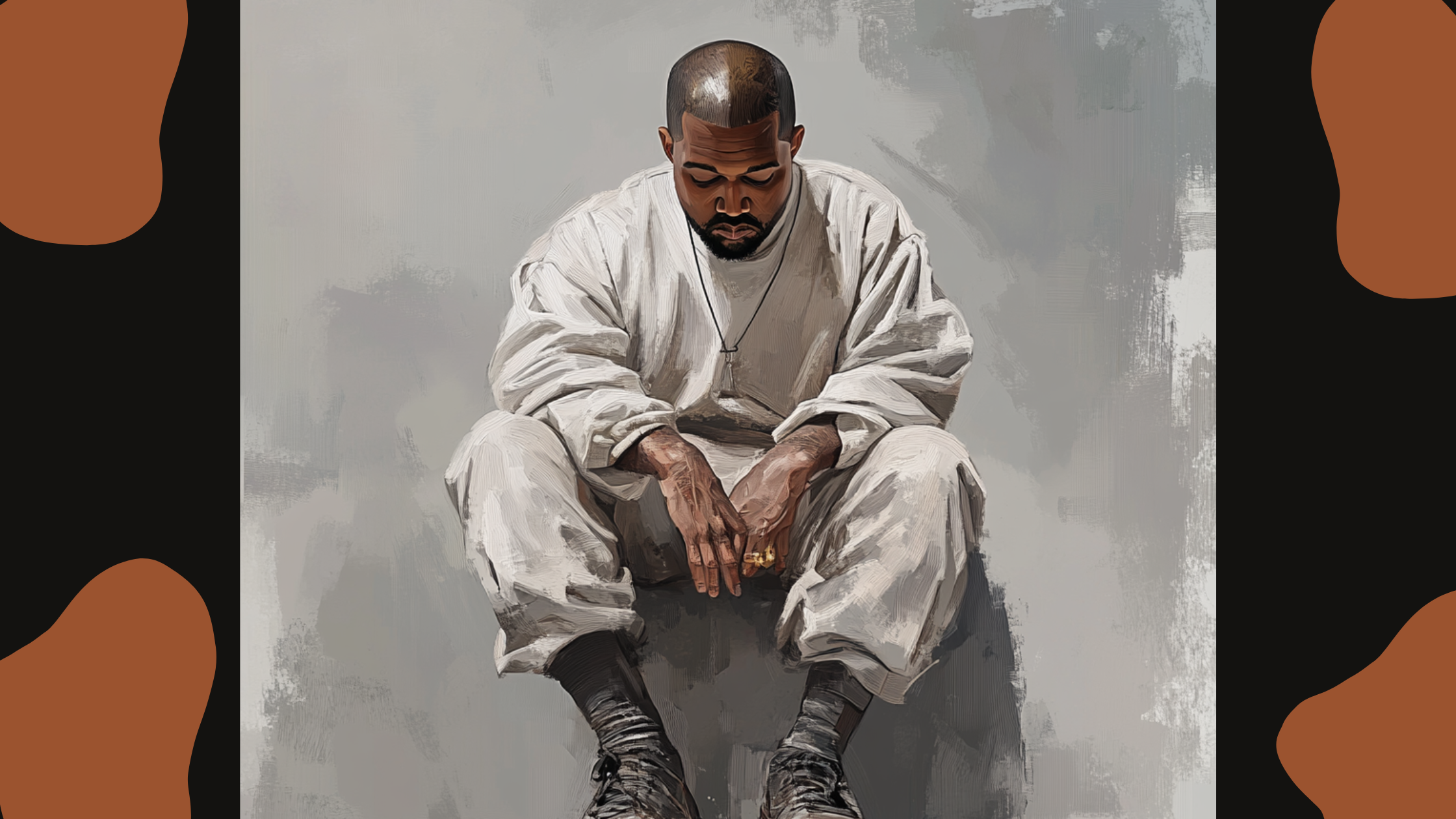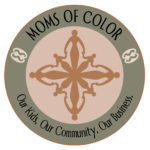
Recently, artist and cultural figure Ye (formerly known as Kanye West) made headlines after releasing a song and social media post describing troubling sexual experiences that took place during his childhood. While the full scope and context of these events are still being processed by the public, the emotional weight of his message reveals something deeper—the often hidden wounds of childhood exposure to sexuality and the silence that can follow for years.
As parents, caregivers, and community leaders, moments like these urge us to pause—not to judge or debate someone’s truth—but to reflect on how we can create safer, more emotionally healthy environments for our own children. Here’s what we can take away:
1. Early Exposure Matters
Ye shared that he and a cousin were exposed to adult materials found in the home, which led to inappropriate behaviors between them. This is not uncommon. Research shows that early exposure to sexual content—especially without context or adult guidance—can confuse a child’s understanding of healthy relationships and boundaries.
What Parents Can Do:
- Monitor what your children have access to in the home (online, magazines, etc.).
- Use age-appropriate language to begin early conversations about bodies, privacy, and respect.
- Let them know they can ask you questions without fear or shame.
2. Curiosity Needs Guidance
Children are naturally curious about their bodies and relationships. Without trusted adults to guide them, they may turn to each other, media, or misinformation. Ye’s experience reminds us of how important early and honest communication is.
What Parents Can Do:
- Teach children that curiosity is normal, but boundaries are essential.
- Reinforce the idea of personal space and the right to say “no.”
- Use books or resources designed to teach kids about healthy touch and consent.
3. Guilt Can Last for Years
Ye expressed a heavy burden of guilt, linking those early childhood experiences to his cousin’s later struggles. Whether or not there’s a direct link, it highlights how unprocessed trauma or confusion in childhood can manifest in adulthood in complex ways.
What Parents Can Do:
- If your child shares something uncomfortable or confusing, stay calm and listen with care.
- Don’t dismiss or punish their honesty—validate their feelings.
- Seek professional support if your child has experienced or witnessed something inappropriate.
4. Your Child Needs a Safe Space to Talk
One of the most heartbreaking parts of many abuse stories—whether direct or indirect—is the silence. Sometimes children don’t even realize something was inappropriate until years later. Your job is to make it clear they can always come to you.
What Parents Can Do:
- Regularly check in with your children about how they’re feeling—emotionally and socially.
- Use open-ended questions like, “Has anyone ever made you feel weird or uncomfortable?”
- Emphasize that they will never be in trouble for speaking up.
5. Healing Requires Compassion and Truth
Ye’s revelation is raw and deeply personal. Whether you agree with how he shared it or not, it’s a reminder that healing doesn’t always come in perfect packaging. Many adults are walking around with childhood wounds that were never addressed.
What Parents Can Do:
- Address your own trauma if you haven’t already. Your healing helps you parent better.
- Consider family therapy if there are past or present issues that need attention.
- Show your children what it looks like to feel pain, express it safely, and grow from it.
In Closing
This isn’t just about a celebrity’s story—it’s about all of our stories. It’s about breaking cycles of silence, shame, and misunderstanding. As parents, you have the power to shape the environment your children grow up in—one where truth is welcomed, and safety is a daily practice.
If you or someone you know needs help navigating a similar experience, please reach out to resources like:
- National Sexual Assault Hotline: 1-800-656-HOPE (4673)
- Childhelp National Child Abuse Hotline: 1-800-422-4453
- RAINN (Rape, Abuse & Incest National Network): www.rainn.org
Your child’s emotional safety starts with awareness, honesty, and love. Let this moment remind us to listen a little closer, talk a little more often, and protect a little more fiercely.
Lakischa Smith creator of Moms of Color

